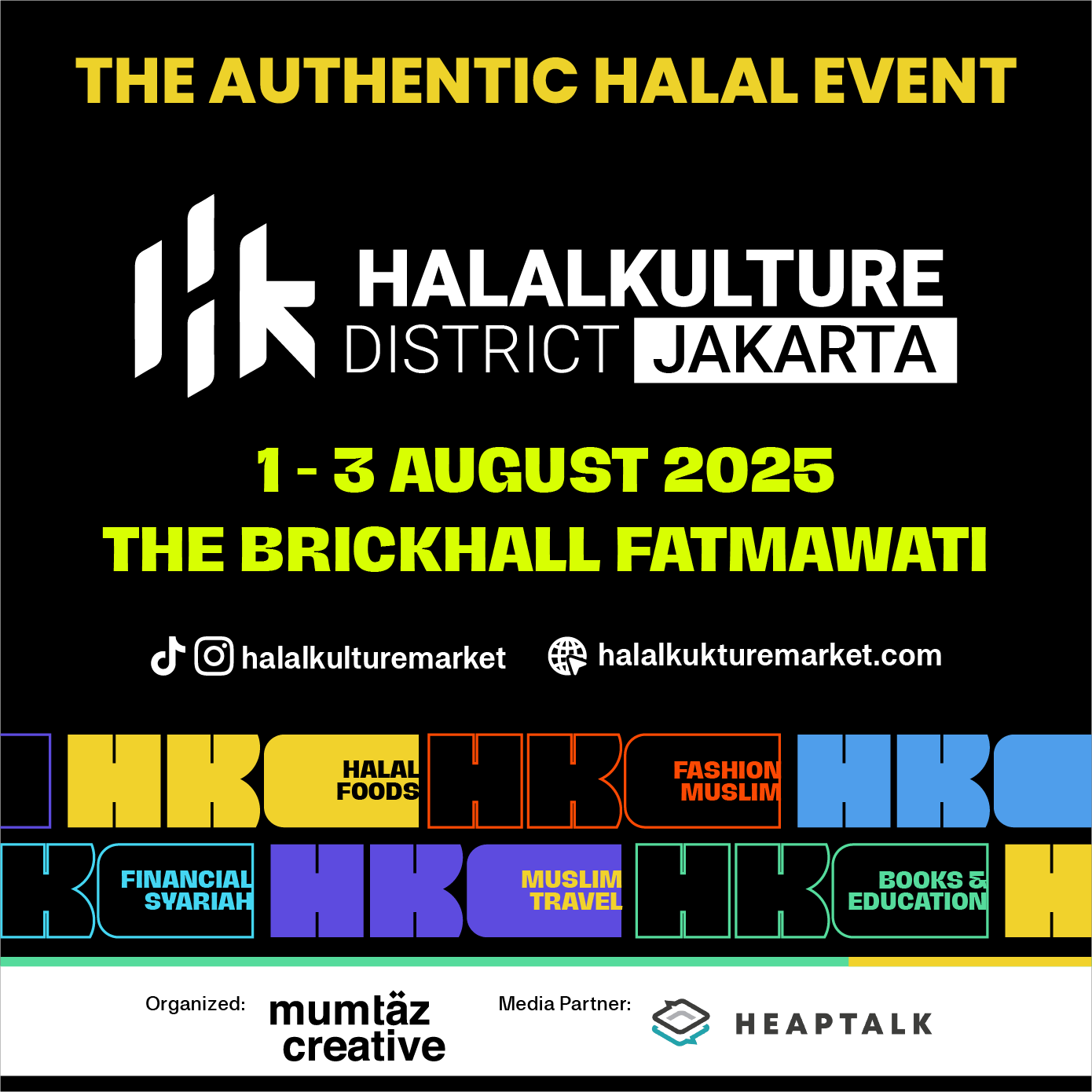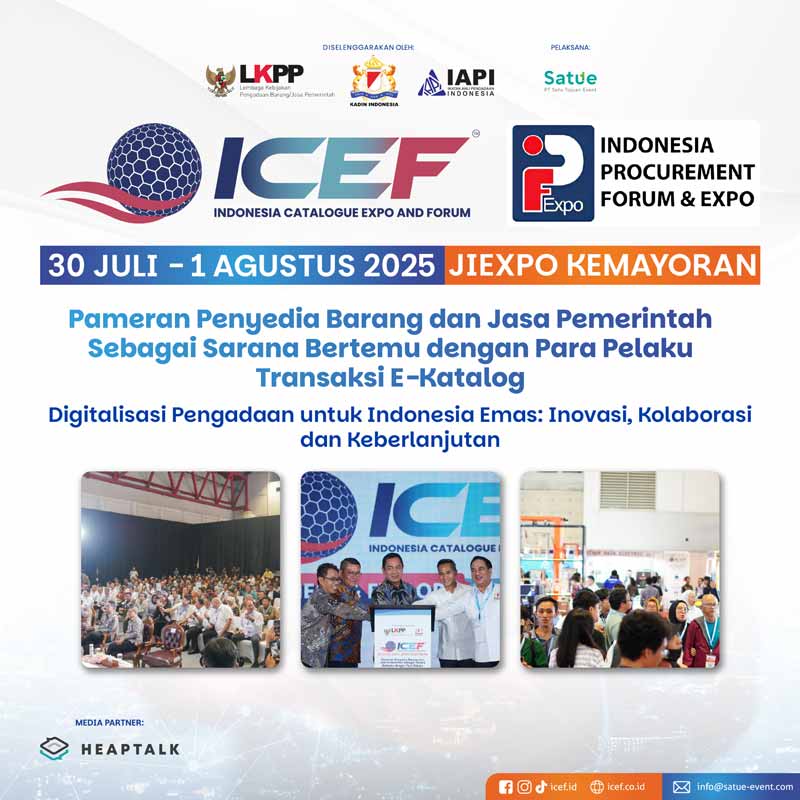Heaptalk, Jakarta — In 2021, Indonesia is the world’s 11th largest exporter of fishery products with a value of US$5.7 billion, down three levels from the previous year.
Responding to this phenomena, the Marketing Director of the Directorate General for Strengthening the Competitiveness of Marine and Fishery Products, Ministry of Marine Affairs and Fisheries (KKP), Erwin Dwiyana said the export market is experiencing saturation due to inflation and unstable socio-political-economic conditions.
While the export market demonstrated a decrease in performance, according to Erwin, the domestic market has great potential to absorb fishery products. He said, “We have a large population and have the potential to become seafood consumers. We can drive seafood products to be superior in our country.”
Erwin encourages all the stakeholders of the fisheries industry to be more aggressive in promoting Indonesian fishery commodities in the domestic market. The government has launched various programs to promote the consumption of fishery products in the country, including the Movement to Promote Fish Eating (Gemarikan).
Since launched in 2004, the Gemarikan campaign has become a forum for education and dissemination of information on the benefits of fish consumption for health. The peak of the fishery products promotion is National Fish Day which is commemorated on November 21.
The government also strengthens fish marketing infrastructure and boosts promotions through bazaars and exhibitions, spanning the National Movement for Proud of Indonesia (Bangga Buatan Indonesia). “We also carry out activities to help the community during extraordinary events such as during covid-19, we distribute fish to people affected by covid-19. This activity can introduce fish as a source of nutritional intake to support body resistance,” said Erwin.
To improve the quality of fishery products, the government also strengthen the provision of fresh fishery product storage by building several cold storages, in collaboration with investors. The Ministry also takes an educational approach to fishermen and cultivators to process excess fresh fish to have a longer shelf life.
Strengthening the sector, the Authority does not work alone, but is supported by entrepreneurs in this industry who aim to build great Indonesia fishery ecosystem, for example, PT Cilacap Samudera Fishing Industry. Recently, the Company adopts latest aquaculture technology from Norwegian, and carried out mini plants in several regions across Indonesia to boost the supply of fishery products.














